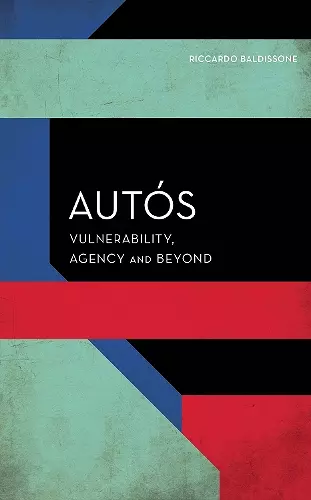Autós
Individuation in the European Text
Format:Hardback
Publisher:Bloomsbury Publishing PLC
Published:9th Jul '20
Currently unavailable, and unfortunately no date known when it will be back

Are we doomed to construct reality with the language of being and individuality? Autós shows a different perspective by reconsidering the European textual production of individuals. Its narration progresses in reverse chronological order to escape teleology: it goes from the modern atomized and self-sufficient subject to her immediate precursor, namely, the isolated faithful of Reformation theology, and to the amazing proliferation of medieval bodies, after the Late Antique narrow individuation of the Christian persona. Roman law mostly escapes the latter’s definitional approach, which first appears in Greek speculation: here, the vocabulary of being and identity takes shape, as exemplified by the new Platonic deployment of the word autós, which has both the sense of ‘same’ and ‘self.’ The Homeric epic instead shows us a discursive regime that precedes the invention of body, mind, being, and self. Taking further old and new examples, the book seeks to provincialize the technologies of the self through a new vocabulary of incorporation, whose sphere of action is not the being of entities, but the performing of practices.
An ambitious, explosively erudite, vertiginously convincing, extremely important and indeed useful book. A maelstrom of a text, comprised of narration, literary analysis, history and philosophy, that offers an unexpected understanding of materiality as adumbrated within the textual. From Homeric gods to early Christian and Islamic ideas of commonwealth, and from Defoe’s Robinson to Medieval female mystics, Baldissone offers a completely novel yet centuries-old path to bodies, objects, gods and humans. -- Andreas Philippopoulos-Mihalopoulos, Professor of Law and Theory, University of Westminster
ISBN: 9781786606754
Dimensions: 228mm x 159mm x 24mm
Weight: 576g
292 pages